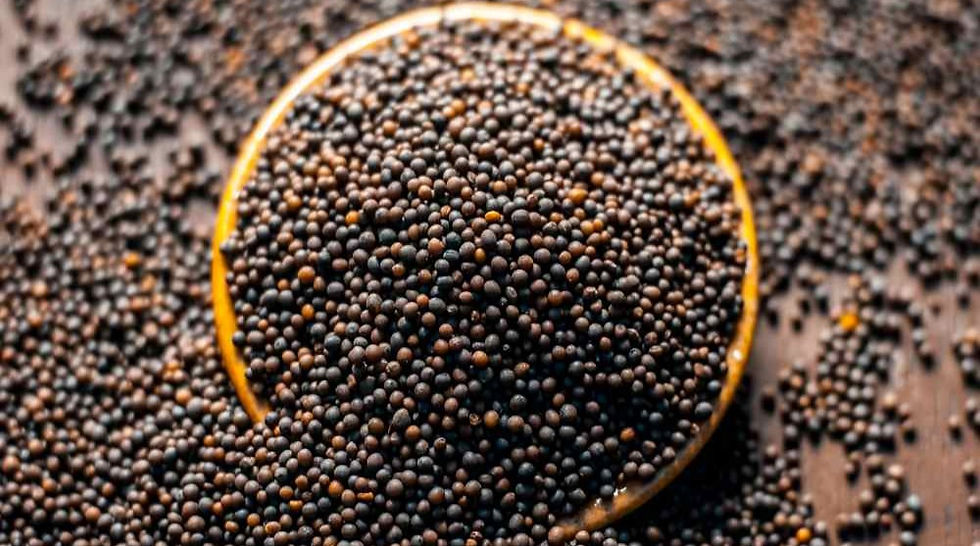When is a tree not a tree?
- Simon Mattholie

- Mar 29, 2022
- 4 min read
This past week most, if not all of us, have been enjoying some unseasonably warm weather. With increased bird song, a proliferation of bulbs coming into flower and the days now longer than the nights, spring has sprung! Such beauty and peace around us make the contrast with that which is happening in Ukraine even starker. Perhaps it does us good to be shocked from time to time; our prayers become more vibrant, our action tangible, and the prophetic voice grows in confidence, challenging the powerful and prideful to find an alternative peaceful solution. Speaking up when we have little power and influence, saying the uncomfortable thing that needs to be said and seeking a healing, peaceful future is surely, a sign of the kingdom.
Last weekend I attended the Anabaptist Mennonite Network conference in Birmingham. I met several inspirational people, including Juliet, who was actively involved in working with the migrants crossing the channel and seeking justice for them and help. I also met Karen, whose journey with God has led her to a peace-making role to bring unity and healing to the deep divisions still prevalent in Ireland. Both inspiring women were great examples of bringing into fruition the kingdom of God and, if anything, left me feeling a little embarrassed by my lack of action and campaigning for those with no voice.
During the conference, we were brought by the Holy Spirit to the parable of the Mustard Seed (see Matthew 13 and Mark 4). The parable is well known and comes in a group of parables. It came alive as, like many, I am amid seed sowing in my greenhouse, preparing various crops for the summer and maximising the benefit of the current warm spell. I have planted tomato, 'cut and come again' mixed salad, rocket, cucumber, broad beans, to name but a few. Some of the seeds are easier to handle than others due to their size, but all are planted with hope and expectancy that they will go on to produce a harvest later in the year.

So, when the parable was first shared, the image of my recent seed sowing and what was happening here seemed even more relevant. I wanted to know more about this seed, so I undertook some light research.
Mustard is an interesting seed; it has a distinct taste and was used at the time of Jesus as a condiment, something to draw out flavour. I like that image that perhaps we, as part of the kingdom of God, are here to draw out God's flavours in the world – to highlight what God is already up to (See Matthew 5:13). Mustard was also used as a medicine for various ailments, which encourages me in the healing role that perhaps we each have as we practically demonstrate what the kingdom of God looks like.
The mustard sown in the parable was most likely common black mustard, an annual plant rather than a permanent tree. It was also a prolific spreader; Pliny the Elder referred to mustard as 'once sown it is scarcely possible to get the place free of it, as the seed when it falls germinates at once.' But if mustard was not a tree, why the exaggeration by Jesus?
Some commentators have attempted to rename the seed as a cedar seed, thereby solving the problem, or attributed it to another plant that grows into a tree that produces a berry-like fruit containing a black powder that looks a little like a mustard seed but is not.
I think what Jesus is highlighting in this parable is something about abnormal growth, a growth that would be different to that expected from this lowly seed. Interestingly, when a tree is used symbolically in Scripture, it usually stands for authority, power, and dominance. Could it be that Jesus is using hyperbole to make a point? The kingdom of God would grow unnaturally, bring with it authority and power, but not in the way that we often understand these words.
Could this parable help us understand that God's kingdom begins in a small and unnoticed way (which is not what the people expected at the time), draws out flavours, brings about healing, and to others, it disturbs and irritates? Sow it once, and it spreads far and wide, growing unnaturally into something quite significant.
Dare I suggest this is not the image of the kingdom we so often project as church today. We can be too mindful of upsetting the status quo and being apolitical. We have become too ineffective in bringing justice, reconciliation and ultimately healing, lest we are perceived to have caused a fuss.
Friends, at this time – perhaps now more than ever before, the world at its worst needs the church at its best. It requires active examples of the kingdom of God that will be for some fiery, intense, disturbing, and for others healing, drawing out the good flavours of what our God is up to. I am convinced now is precisely the right time for us to sow mustard.
Simon Mattholie
CEO, Rural Ministries



Comments